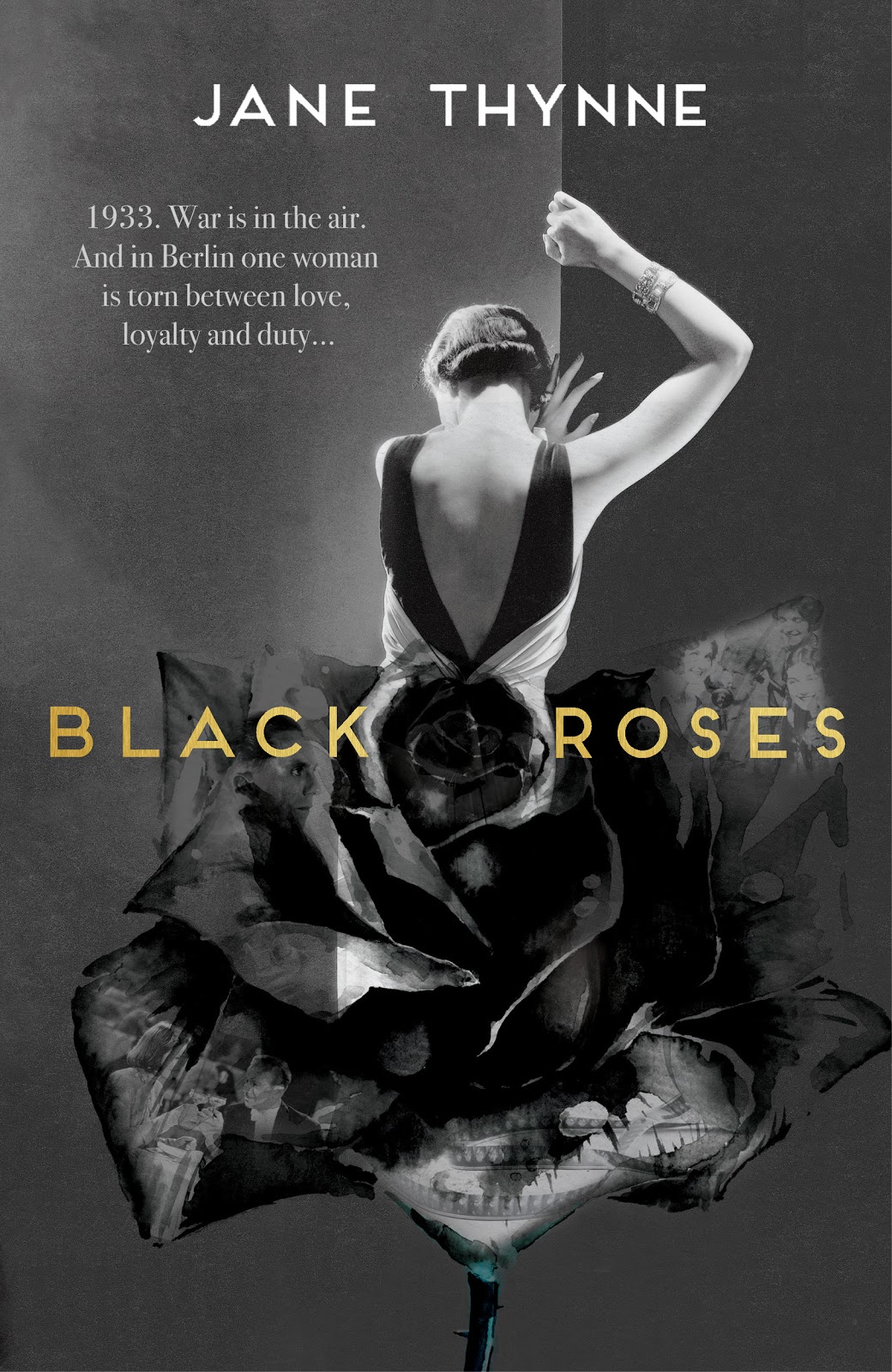496 pages
If there's one thing I like in a book is it a believable, ordinary character. On the face of it this is a spy story set in Berlin in the 1930s. So far, so standard. What's very different is that this is a book about a girl who ends up in Berlin almost on a whim, is befriended by Magda Goebbels and an English secret service officer (almost at the same time) and is forced to decide what she really believes and where her loyalties lie.
If there's one thing I like in a book is it a believable, ordinary character. On the face of it this is a spy story set in Berlin in the 1930s. So far, so standard. What's very different is that this is a book about a girl who ends up in Berlin almost on a whim, is befriended by Magda Goebbels and an English secret service officer (almost at the same time) and is forced to decide what she really believes and where her loyalties lie.
Into the complexity of 1933 Berlin steps Clara Vine, a English girl who longs to be an actor and has been offered a chance of work at the Ufa studios. She sees this as a timely get-out-clause to escape her unsatisfactory engagement to an English oaf. Her progress from young naïve actor to crucial intelligence-gatherer is woven neatly into the study of the world of 1930s Berlin: the rise of national socialism, and the confusing position of journalists and ambassadors in this unsettled time. Hitler's obsession with defining the role of the woman in German society, down to the clothes and jewellery she wears (or doesn't) and the ambitions she should have, is well exemplified. The juxtaposition of the 'good German hausfrau' and the fashion conscious and high-society loving female upper echelons of the Reich are excellently described.
I really enjoy historical fiction, and I'm sure my knowledge of the Second World War is similar to most; I'm no expert in either politics or economics. Previously my knowledge of Magda Goebbels was limited to the fact that she killed all of her 6 children with cyanide before killing herself, as the Red Army took control of Berlin. Clearly every person is far more complex than the tiny nuggets that posterity afford them, but Magda Goebbels really does deserve a second look. Her life as the wife of Joseph Goebbels, and First Lady of the Third Reich seems at odds with her background of Philosemitism (is that a word?).
Was the Magda Goebbels - Haim Arlosoroff relationship a work of fiction? I can't find any evidence online in my cursory search. It seems to be a shame to have invented something integral to the story and yet really totally unnecessary. The only down point to an excellent novel. I will certainly be reading the second two books of the trilogy.



No comments:
Post a Comment